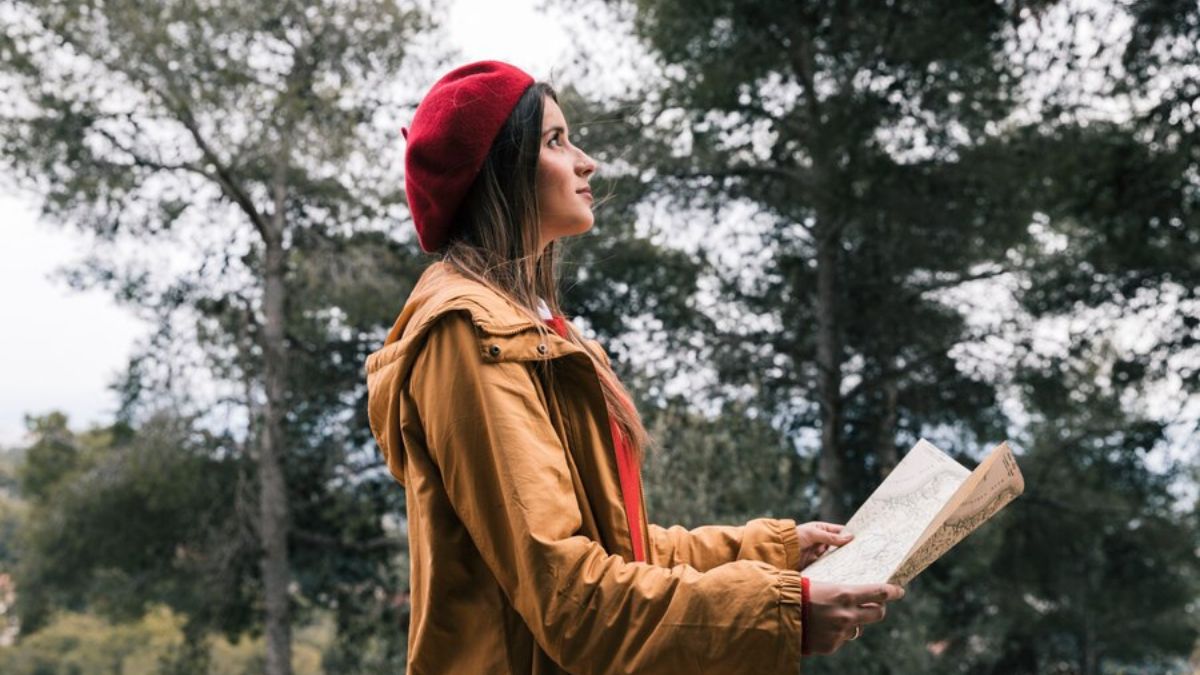Early Life and Education
Adeena Mendel was born in the bustling city of New York in 1985, growing up in a diverse, culturally rich neighborhood that would profoundly influence her worldview and later work. As a child, Adeena displayed an early passion for the arts and social causes. Her parents, a teacher and a small business owner, encouraged her curiosity and nurtured her love of storytelling, painting, and advocacy.
From a young age, Adeena showed an unusual ability to blend creativity with a sense of social responsibility. By the time she was in middle school, she had started a community art project designed to highlight the stories of underrepresented families in her area. This balance between creativity and purpose became a hallmark of her career.
After excelling academically in high school, Adeena earned a place at Columbia University, where she double-majored in Visual Arts and Sociology. Her academic work consistently reflected her desire to explore the intersection of art, identity, and community action. During her time at Columbia, she organized several exhibitions focusing on immigrant experiences, blending mixed media art with oral histories and documentary film elements.
Artistic Career and Evolution
Upon graduating in 2007, Adeena Mendel immersed herself in the New York art scene, but her work stood apart from many of her contemporaries. Rather than creating art for galleries alone, Adeena was determined to place her art directly into the hands and streets of the people whose stories she wanted to elevate. Her early installations, known as the “Sidewalk Narratives” series, featured murals, interactive QR-code linked oral histories, and mobile installations in public parks, train stations, and community centers.
Her work was not only aesthetically compelling, but deeply personal, giving voice to marginalized communities, from recent immigrants to those affected by gentrification. Her unique approach attracted attention from critics and curators alike, and by 2010, Adeena Mendel had exhibited work at prestigious spaces like the Whitney Museum of American Art and the Brooklyn Museum.
However, Adeena’s artistic journey was never purely about recognition — her commitment to advocacy and community empowerment remained at the heart of her practice. In 2011, she founded Art for All, a non-profit organization aimed at making public art more accessible while training young artists from underrepresented backgrounds.
Advocacy and Social Impact
Beyond her personal artistic practice, Adeena Mendel became increasingly involved in social advocacy, using her platform to raise awareness on issues ranging from climate justice to refugee rights. She worked closely with immigrant rights organizations, creating multimedia campaigns that combined personal narratives with data visualization and emotive storytelling.
One of her most notable projects, “Home is a Question”, gained national attention in 2015. The project consisted of a series of participatory installations where displaced individuals were invited to map their personal journeys — through drawings, writings, and digital media — culminating in a massive, collaborative piece displayed at Grand Central Terminal. The work was praised for its ability to humanize migration statistics, putting faces and stories to policy debates.
In parallel, Adeena often spoke at universities, non-profits, and international conferences, advocating for the role of the arts in fostering empathy and social change. She argued passionately that art was not just a reflection of society, but an active force for shaping it. Her TED Talk in 2016, titled “The Art of Radical Empathy,” has since been viewed over 2 million times, cementing her reputation as a thought leader in socially engaged art.
Innovation in Art and Technology
As the 2020s unfolded, Adeena Mendel expanded her practice into the digital realm. Recognizing the growing power of technology to amplify marginalized voices, she began experimenting with augmented reality (AR) and virtual reality (VR) projects. In 2021, she launched “Echoes of the Block,” an AR app that allowed users to walk through New York neighborhoods and hear layered stories from past and present residents triggered by location data.
This blending of technology, memory, and storytelling earned Adeena a MacArthur Genius Grant in 2022, allowing her to further develop innovative platforms that combined user-generated content with archival materials. Through her pioneering work, she demonstrated how emerging technologies could be used to preserve community histories threatened by rapid urban development.
Adeena was also one of the earliest artists to experiment with blockchain for social causes. In 2023, she launched a series of NFTs (non-fungible tokens), where each piece was linked to a real-world community project — funding murals, oral history archives, or artist stipends in underserved neighborhoods. By combining digital art with direct action, she pushed the boundaries of how art could fund and fuel social movements.
Personal Life and Influence
Despite her public profile, Adeena Mendel has always been intensely private about her personal life. What is known, however, is that her experiences as the child of immigrants shaped much of her worldview. Her parents, who fled persecution in Eastern Europe, instilled in her both a deep sense of gratitude and an unshakable belief in the power of storytelling to preserve identity.
In interviews, Adeena often credited her grandmother, a Holocaust survivor, with teaching her the importance of bearing witness. “She always told me,” Adeena once recalled in a 2024 interview, “that silence is a form of complicity. Whether through words, paint, or pixels, I’m just trying to make noise where it matters.”
Legacy and Continuing Work
As of 2025, Adeena Mendel remains a prominent figure at the intersection of art, technology, and activism. Her work has been exhibited in over 30 countries, and she continues to mentor emerging artists through Art for All, which has expanded to include satellite programs in Los Angeles, Chicago, and Berlin.
Her influence can be seen in a new generation of artists who blend artistic expression with social action, taking inspiration from Adeena’s belief that art belongs not only in museums but in the streets, homes, and hearts of everyday people.
Adeena’s current project, “Beyond Borders,” aims to create a global digital archive of migration stories, co-created by individuals from over 50 countries. Partnering with UNESCO and leading tech firms, the project uses AI to generate visualizations of global displacement patterns while preserving the unique voices behind each statistic.
Conclusion
Adeena Mendel’s career is a testament to the transformative power of art when combined with a fierce commitment to justice. Her work is not only beautiful, but purposeful, reminding us that creativity is at its most powerful when it amplifies the voices of those too often left unheard. Whether through paint, pixels, or policy advocacy, Adeena Mendel continues to prove that art can do more than adorn walls — it can change the world.

